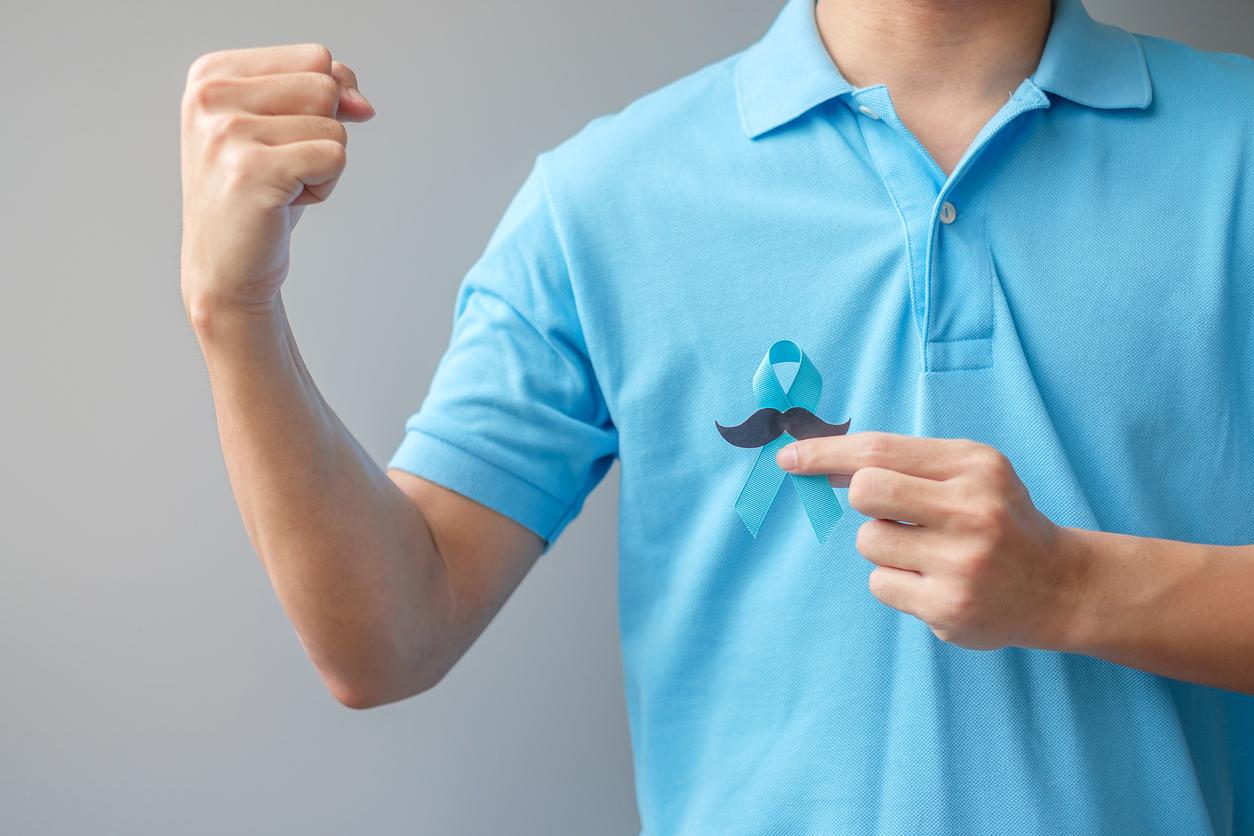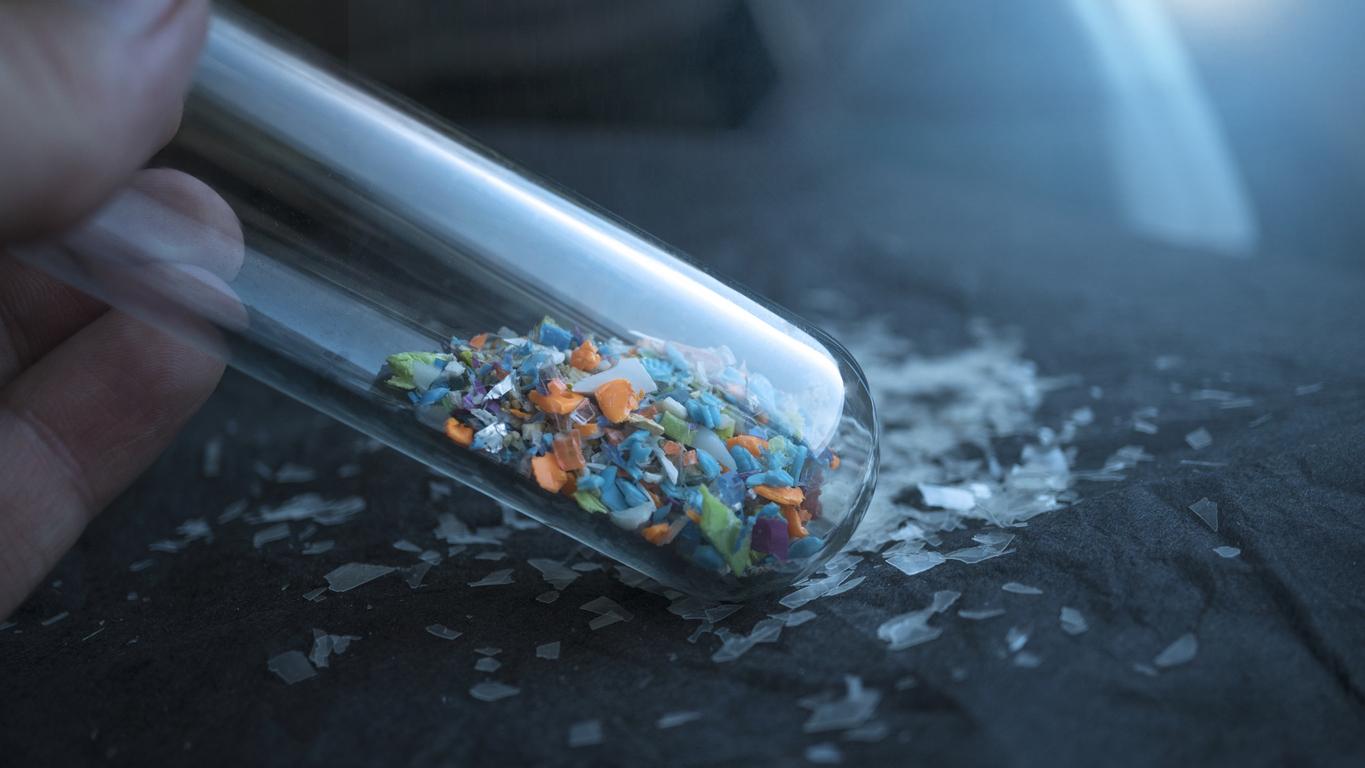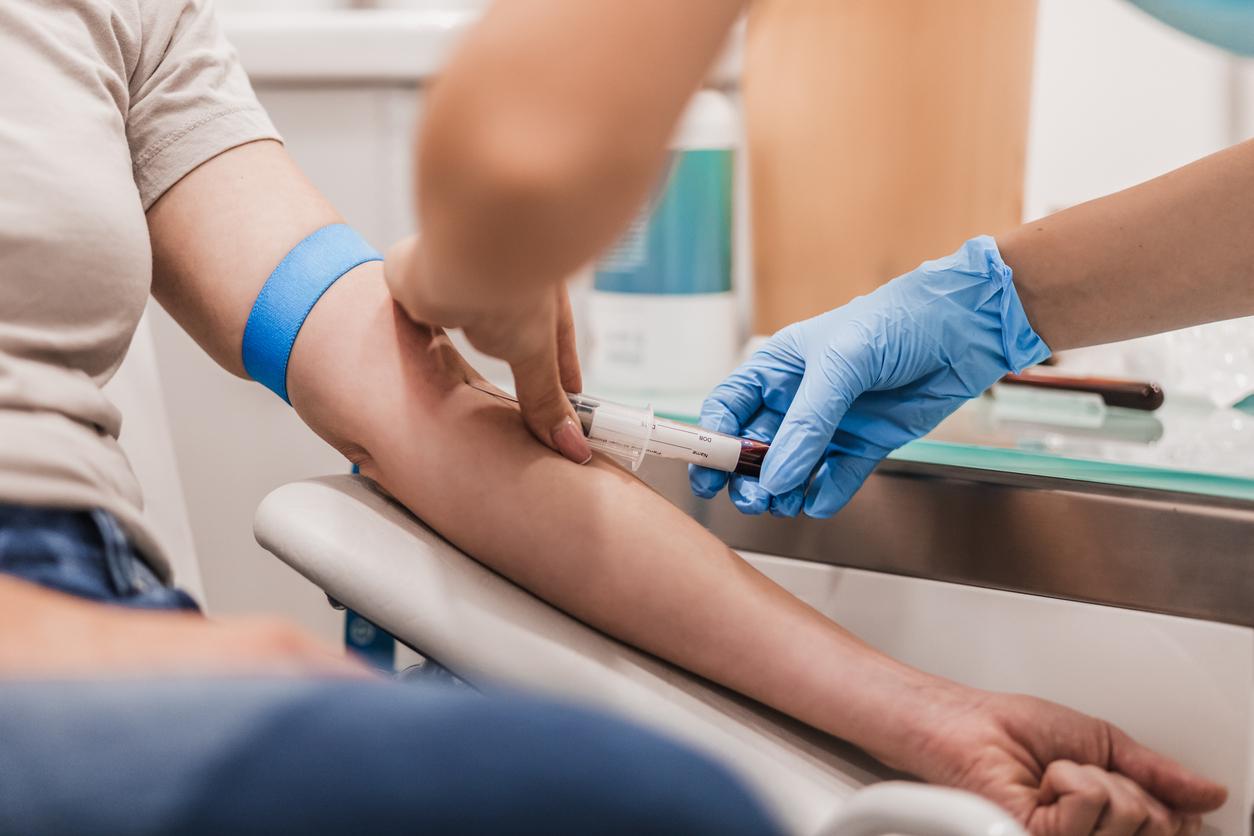Diagnosed with testicular cancer at the age of 34, Stéphane looks back on his treatment journey for Movember, the month dedicated to men’s health.

- Stéphane had testicular cancer at 34. The symptom that alerted him was the swelling of one of his genital glands. However, he didn’t go to the doctor right away.
- After the orchiectomy (removal of the testicle), this man had to undergo chemotherapy because the cancer had metastasized to his lungs.
- Today, he is a member of Movember to encourage men to get tested. “We must free our speech, cancer or depression must not be shameful illnesses for men.”
“At the time, I was still playing rugby when I noticed that one of my testicles had swollen a little… So I told myself that it wasn’t serious, that I had certainly taken a hit. It was a small annoyance but nothing more, it didn’t hurt me”, remembers Stéphane, now 53 years old. “I let this drag on all summer without really paying attention to it, then under pressure from my mother and my wife, I spoke about it to my general practitioner during the traditional back-to-school visit to obtain my medical certificate for the sport.”
Swelling of the testicle: “very quickly, the word cancer appeared”
The doctor then tells him that this swelling is not trivial. Stéphane must have an ultrasound of the testicles as soon as possible. “I had the exam the next day, but it was Friday evening and I couldn’t see the doctor again until Monday. So I decided to open the sonographer’s mail myself and searched the Internet to understand what all this medical language meant… Very quickly, the word cancer appeared.”
A real “sledgehammer” for the computer scientist and his partner at the time. “Fortunately, my wife had good contact with her gynecologist. We called her and she got me an appointment with a urologist the following Monday.”
In the urologist’s office, everything rushes. “He tells me that I need to operate as quickly as possible. As I don’t have children yet, he decides to operate on me on Thursday so that I can go to a CECOS [Centre d’Étude et de Conservation des Œufs et du Sperme humain, ndlr] before to donate sperm.”
Testicular cancer: less than a week from diagnosis to removal
“It was very brutal because I waited so long and then everything happened in less than a week. However, if Movember already existed in France, I would undoubtedly have gone to see my doctor straight away, deplores Stéphane. This is actually one of the reasons why I got involved afterwards.”
During the operation, the surgeon performs an orchiectomy, or removal of the testicle. “The only ‘funny’ thing in this story is that I had to choose the size of the little silicone ball that was to replace my testicle.”
The operation was a success, Stéphane left the hospital the next day without any after-effects. But a CT scan then revealed lung metastases. “Once again, everything suddenly speeds up! I have to start chemotherapy which will last five months.“The patient goes through three-week cycles punctuated by five days of chemotherapy then two weeks of rest. “It’s not the best memory of my life, but I didn’t want to stop working, so I hacked my oncologist’s wifi to be able to be connected during my chemo”, he recalls lightly. However, the treatment is tiring and very quickly, Stéphane loses his hair. “But that part of the side effects is okay, I liked the shaved head look that I’ve kept ever since… What bothered me the most were the heightened senses. The smell of the hospital made me sick, so I got into the habit of eating two burgers at the local fast food place at 9 a.m. to make sure I had something to throw up when I got back inside. .”
Screening: “all men should do it”
Twenty years later, Stéphane shows no signs of cancer, but he continues to have check-ups every year. “I remain proactive about screenings, and all men should get started!” A member of the Movember association since 2010, he quickly became an ambassador when the French site was launched. “I initially learned about Movember during a meeting with the Australian rugby team who were playing in Paris in November 2010. They were all shorn and mustachioed! At first I thought it was a losing bet, but the team captain explained to me that it was for Movember, a movement launched in Australia to promote men’s health.”
This year, Movember is celebrating its 20th anniversary and members are quite satisfied with the evolution of society’s view of male pathologies. “There has been real interest in Movember in France for three or four years. Initially, we focused on cancer prevention, but for some time now, we have also been working on mental health and suicide prevention. We must continue because there is still a lot of work! We must free our speech, cancer or depression must not be shameful illnesses for men.”

Everyone can get involved in the movement. Wearing a mustache is a first way to participate, but there are also numerous events throughout France. In this case, Stéphane organizes afterworks in the capital and a solidarity golf competition in the region. A show entitled “Movember Comedy Night” is also planned at the Théâtre de la République in Paris on November 29; and the room Radical – which tells the story of a man confronted with prostate cancer – is also performed several evenings a week at the Théâtre de l’Essaïon in Paris until the beginning of January 2024.









-1740653386.jpg)

-1739366311.jpg)





